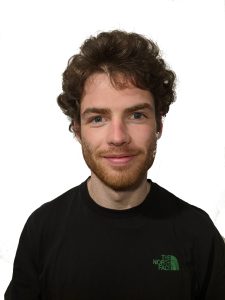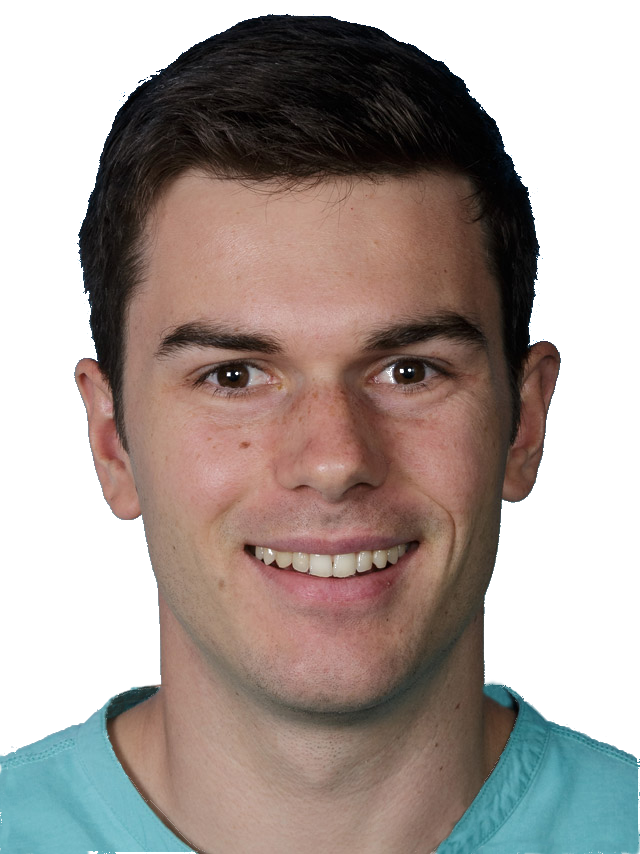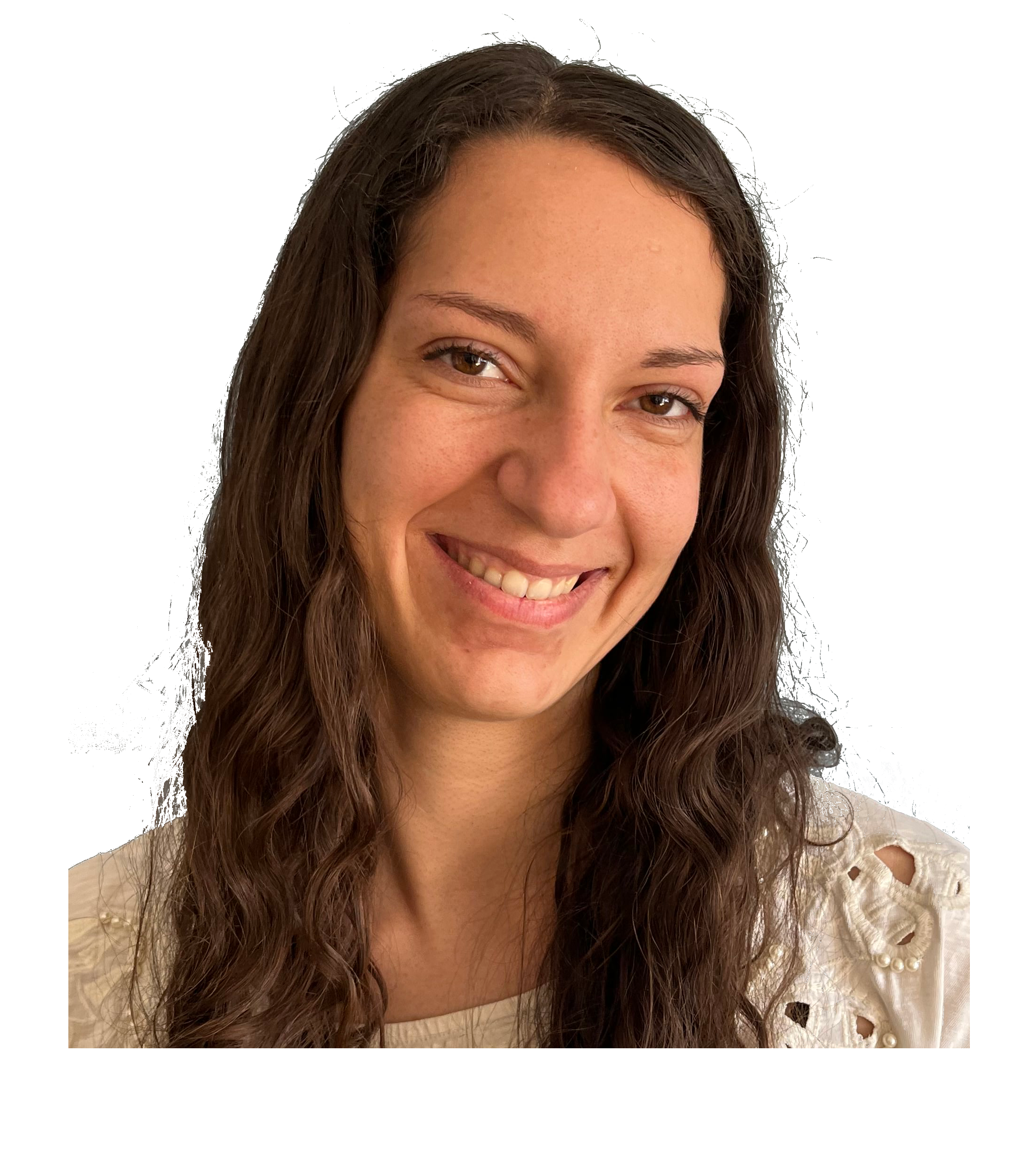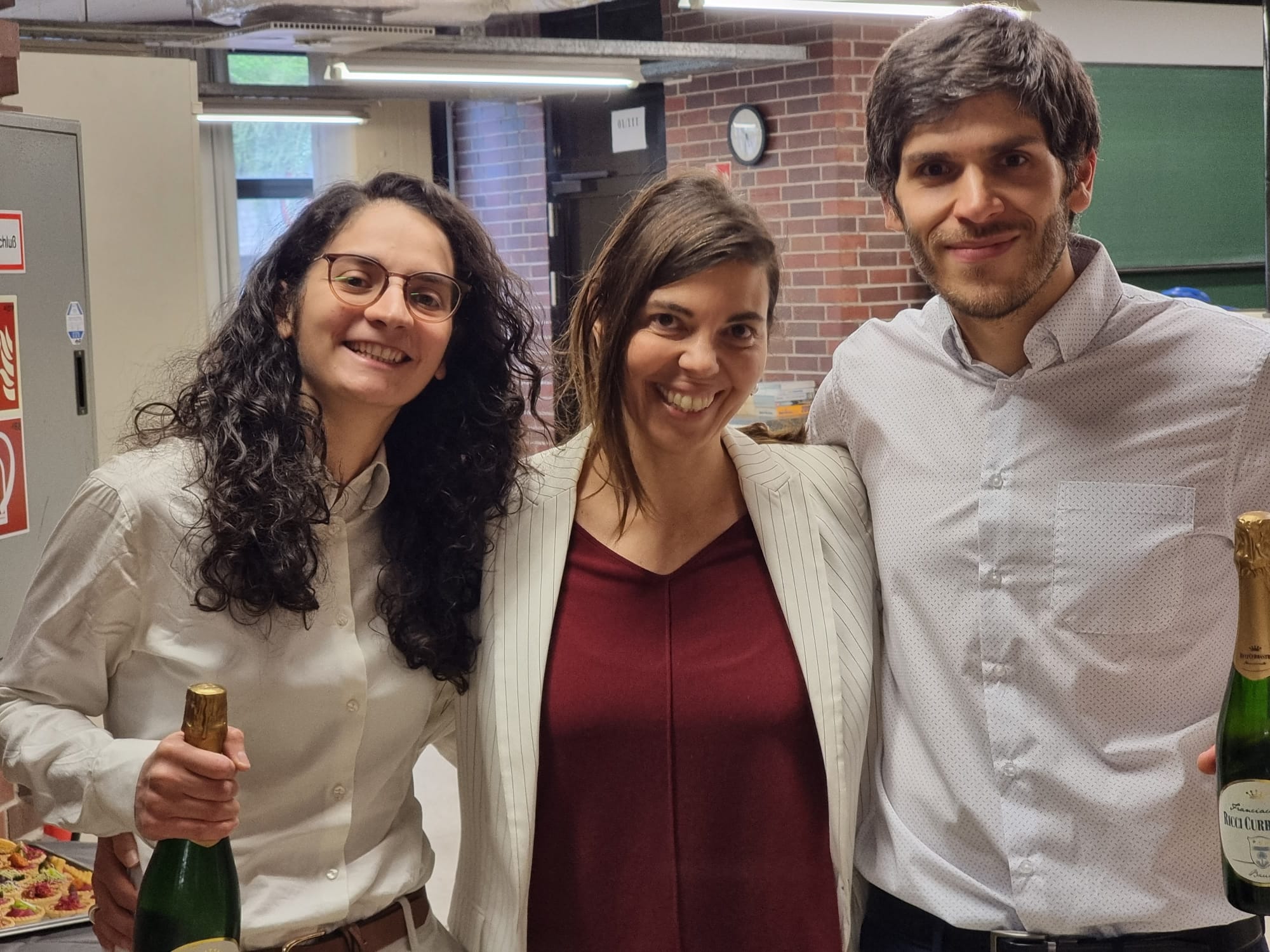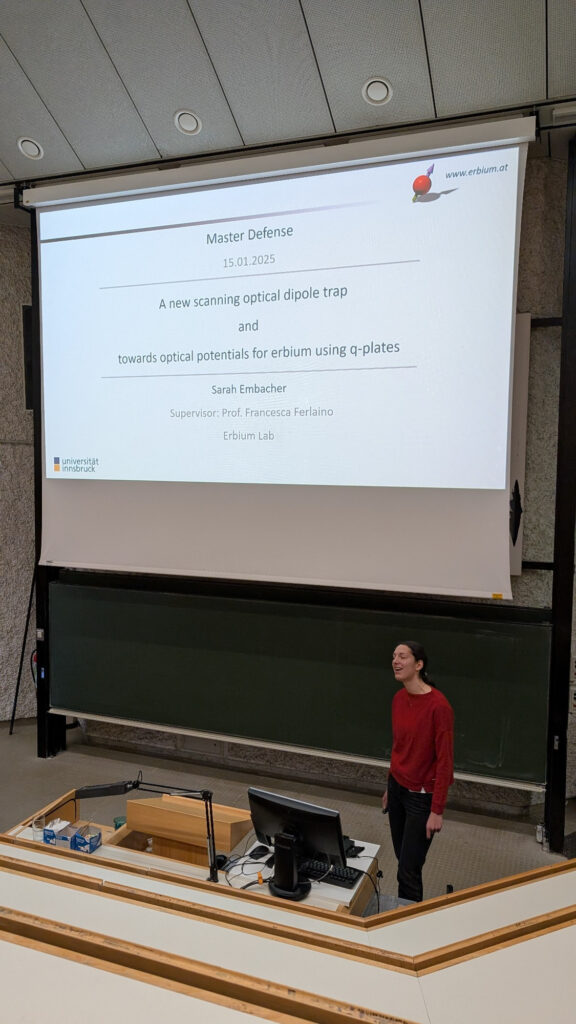 Congratulations to our Masters student, Sarah Embacher, who defended her thesis today! 🥳 Sarah worked in the ERBIUM lab where she implemented a scanning optical dipole trap and also carried out simulations of how q-plates can be used to create optical potentials. ⚛️🔦
Congratulations to our Masters student, Sarah Embacher, who defended her thesis today! 🥳 Sarah worked in the ERBIUM lab where she implemented a scanning optical dipole trap and also carried out simulations of how q-plates can be used to create optical potentials. ⚛️🔦
After a short break, Sarah will be returning to the ERBIUM lab as a PhD student. Well done on your defense, and we look forward to having you back soon, Sarah!


